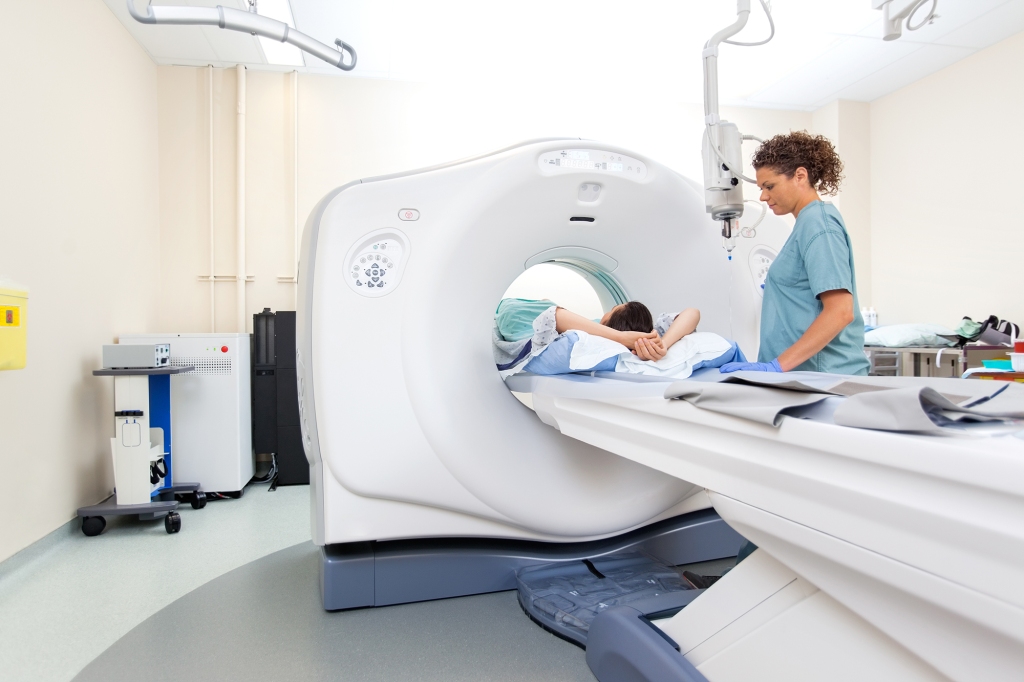
Monday September 21: I have never experienced such excruciatingly painful constipation in my life. If you are squeamish about bodily functions you should skip this and move on down the post – it does get better. I don’t know if the chemo drugs caused it or one of the other drugs I have to take at various times including steroids and anti-emetics.
I’ve been devouring liquorice – vast quantities of the stuff. While out walking yesterday – walking is an excellent way to get the bowels activated – I had to find some suitable shrubbery to squat behind leaving my son to stand guard. I crouched and strained and struggled, eventually producing something about the size of a rabbit pellet. Re-emerged, not exactly triumphant, onto the path and noted a farm pick-up further ahead, parked directly in line of sight. I was very relieved to find, when we approached, it was empty. Walked on, worrying about the damage my toxic waste would do to the environment.
Today was worse, despite the liquorice consumed. I rushed to the loo so many times full of hope only to emerge later without having accomplished much more than the painful expulsion of another rabbit pellet or two. Miss Pilates class.
Tuesday September 22: I leave a message asking the cancer specialist nurse to call and when I ask which of my cocktail of drugs is the likely culprit she tells me it is most probably the anti-emetic. “Didn’t they give you a laxative to take home?” When I say no, she asks if I need something and what have I done to manage it. I explain about the liquorice. She offers to write a prescription for a laxative for my next chemo session but I tell her I’ll add stewed dried apricots and other high fibre foods to my diet and we’re laughing and joking – then I mention Sue and am in floods of tears over the phone and feel silly, but somehow better when I say I have to go and rescue my stewed apricots.
I think about the drug they give me to stop the nausea from the chemo combination and the ensuing agony (I really can’t emphasise enough how very, very painful) of the constipation and wonder just how bad the nausea would be without the anti-emetic. Am I brave enough to try? Or should I just make sure I have huge stocks of liquorice?
I’m tired and not sleeping well.
Wednesday September 23: Try to book in at health centre for my next pre-chemo blood tests on October 07 – but the booking system can’t work so far ahead so I’ve to try again next week. For some reason, it is the little things like this I find stressful. Manage to book an appointment to have my ear syringed – having a problem with ear wax on top of lung cancer seems a bit unnecessary, doesn’t it?
I drive to Cairn Holy and my son and I walk up from the bottom car park. It’s only half a mile, but it’s uphill. Watching a red squirrel playing in the branches provides a welcome pause. We’re almost at the top when I have to ‘go’ and dive off the path to crouch amongst the trees. I thought the constipation had gone, but clearly not. It takes ages to cover the evidence as I’m teetering on a very steep slope. I take some pictures to send to Sue Vincent. I find it extraordinary we both get lung cancer at the same time.

Thursday September 24: The most difficult question to answer these days is: “How are you feeling?” If it means how are you feeling physically now you’ve had your first treatment, I can say I’m all right, a bit tired but so far so good. If the question is referring to my emotions, then I have no way to answer it. I just don’t know. There is still some kind of disconnect which allows me to function without consciously thinking about having cancer and what it means. Let’s me go off to have toxic drugs pumped into my veins without thinking of all the implications. I thought of all the implications when the tumour was first spotted but seem to have left that thinking behind for now. I guess it is some kind of defence mechanism – like humour – to blunt the edges. Until I go to bed and can’t sleep and when I do I have strange vivid dreams.
Friday September 25: I managed to get to Pilates this morning where the instructor and class had turned out wearing kick-ass boots. Shona read out the following:
Our Pilates lasses & lads stick together
We’re flexible, strong, tough as leather
Let’s use our boots with some humour
And kick hell out of Mary’s tumour! It made me cry – in a good way. As did the packet of Liquorice Allsorts posted through the letterbox.

Saturday September 26: The DH collected the spring bulbs I’d ordered from the garden centre – planting them will be tomorrow’s task. Will I see them in flower? I daren’t say I think so but I hope so.
Sunday September 27: I had to start taking antibiotics on Friday for the two weeks up to my next chemo. Perhaps the constipation creating anti-emetic I will take then will counteract the diarrhoea the antibiotics is causing – or maybe I’ve eaten too much liquorice.


























